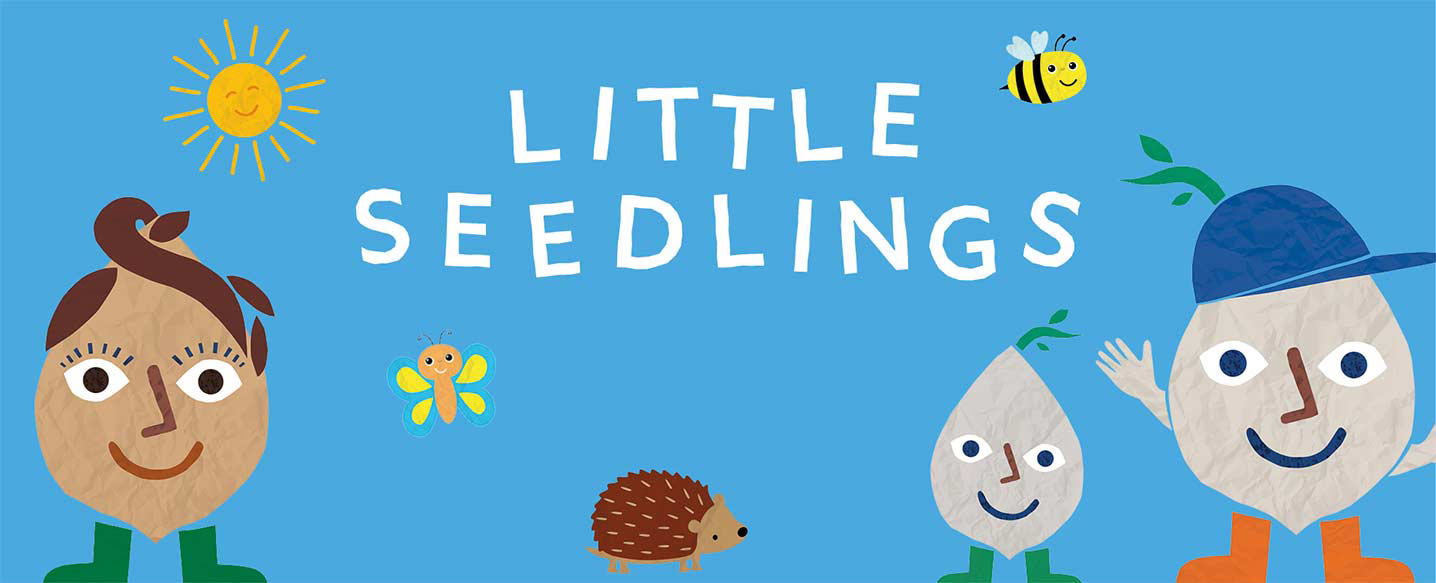
Little Seedlings Club - March Workshop: Perfect Peas and Pod Plants
In March’s Little Seedlings workshop, children will explore the exciting world of composting. They’ll discover how food scraps and garden waste can be turned into healthy soil and learn what can and can’t be composted. They’ll meet helpful compost creatures, discover creative ways to compost, and find out why composting is so important for plants, wildlife, and the planet. The workshop also includes a fun sorting challenge and a hands-on activity where children will create their own mini compost bottle to take home.
